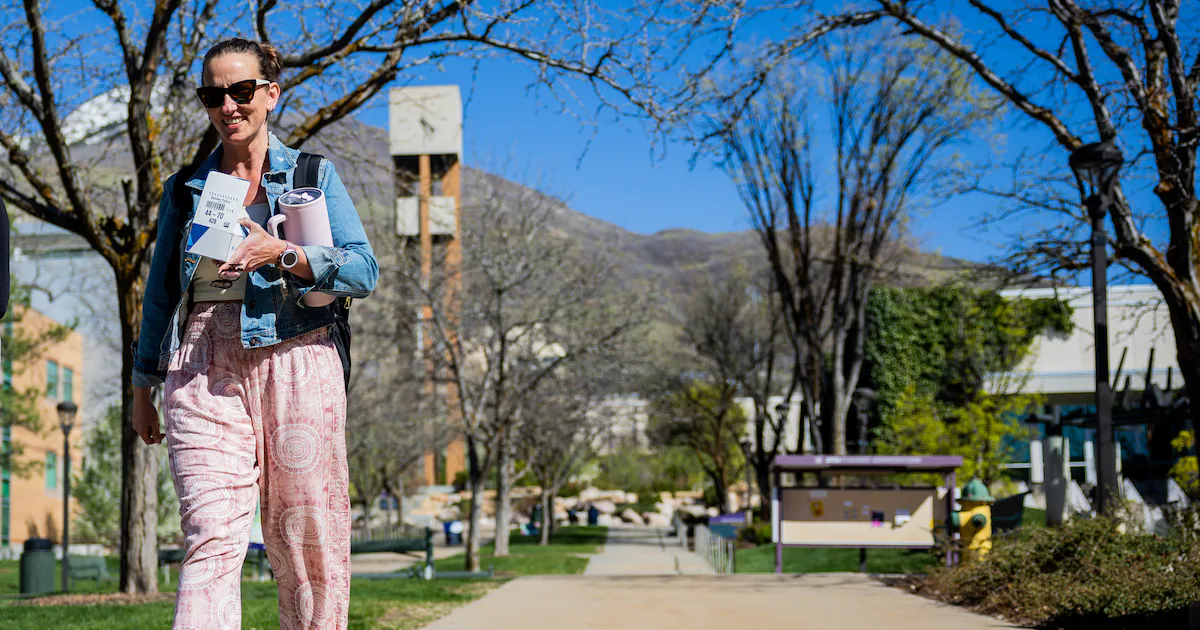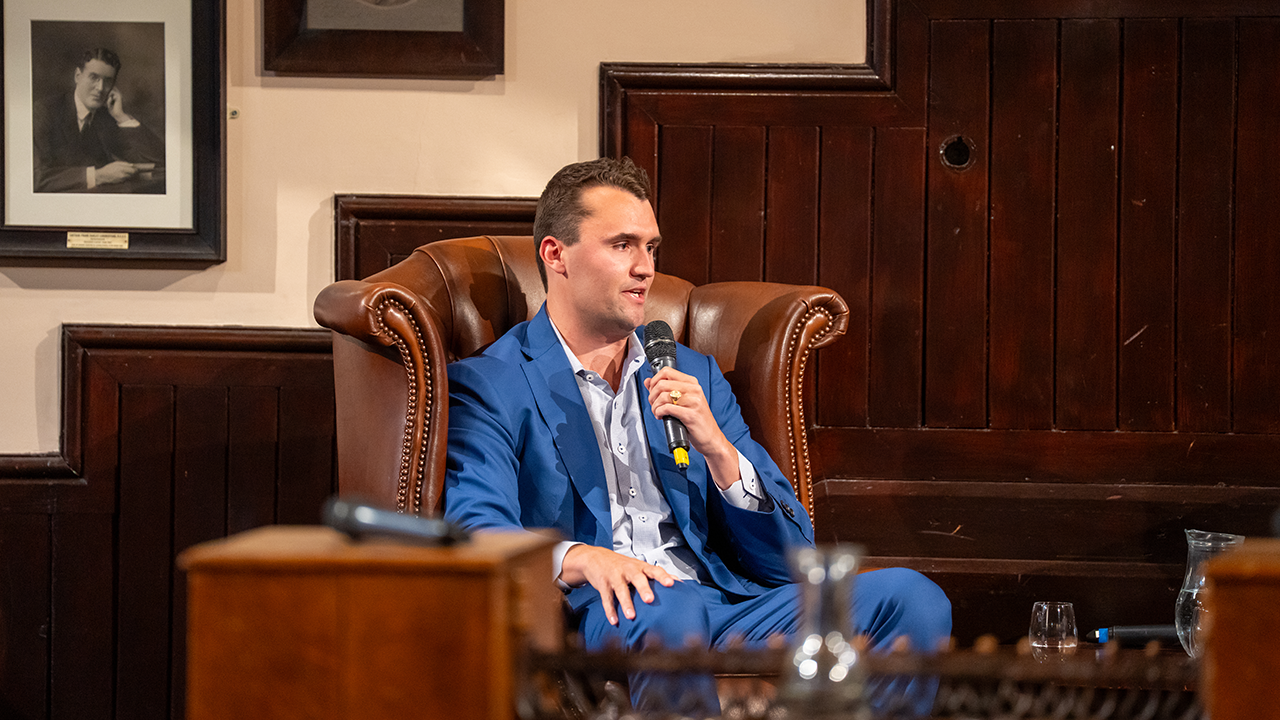
Outside of mortgage and auto loans, student debt is the largest component of household debt in the country.
More than 40 million Americans have federal student loan debt — and approximately 40% of adults who pursued a postsecondary education are in student loan debt, according to BestColleges.com.
But not all states are equal when it comes to student loan burden — and Utah is near the bottom of the list of states with the most student debt, according to a WalletHub study.
Compared to the 49 other states and the District of Columbia, the Beehive State is ranked 50th in the study’s “States With the Most Student Debt” list.
On the flip-side, Utah college students have the country’s lowest average student debt and the lowest proportion of students with debt.
“College keeps getting progressively more expensive, and so does borrowing money to attend,” said analyst Chip Lupo in the WalletHub report.
“Federal student loan interest rates recently hit a 12-year high, but they’re expected to ease slightly for the upcoming academic year, so it’s still important to plan carefully when borrowing.”
Some other Utah student debt data reflected in the recent study:
Utah ranks 48th in “Student debt as percent of income.”
Utah ranks 34th and 39th in “Unemployment rate of population, ages 25-34” and “Grant growth,” respectively.
Which states are carrying the most student debt
Only Hawaii has less student debt than Utah. Other states with low student debt numbers include Washington, New Mexico and California.
Mississippi, meanwhile, claims a No. 1 ranking it surely doesn’t want.
The Magnolia State topped WalletHub’s “States with the Most Student Debt” list — followed by New Hampshire, Pennsylvania, Delaware and South Dakota.
The average amount owed by Mississippi residents with student loan debt equals about 56% of the median income in the state, the highest rate in the country. Mississippi also has the 14th-highest default rate on student debt, revealing that people are struggling to pay off what they borrow.
“One reason why student borrowers are struggling in Mississippi is that they are having a hard time finding jobs. Mississippi has the fourth-worst availability of jobs to students, and the second-lowest share of paid internships,” the WalletHub report notes.
Meanwhile, in New Hampshire borrowers owe an average of close to $40,000 — the highest amount in the nation. Additionally, the Granite State has the highest student default rate in the country, and 70% of students have student loans.
Determining the ‘Best and Worst States for Student Debt’ list
WalletHub compared the 50 states and the District of Columbia across two dimensions: “Student-Loan Indebtedness” and, to a far lesser degree, “Grant and Student Work Opportunities.”
Those dimensions were evaluated using 12 metrics of differing weights.
Metrics in the “Student-Loan Indebtedness” dimension included:
Average student debt
Proportion of students with debt
Student debt as share of income
Share of student loans in past-due or default status
Share of federal student loan borrowers enrolled in an income-driven repayment plan
Share of student-loan borrowers aged 50 years and older
Metrics in the “Grant and Student Work Opportunities” dimension included:
Unemployment rate among population ages 25 to 34
Underemployment rate
Availability of student jobs
Availability of paid internships
Grant growth
Presence of “Student Loan Ombudsmen law”
Lightening Utah student loan weight: 3-year degrees
Utah lawmakers and educators have championed three-year bachelor’s degree programs as a way to lessen the cost of a college education and, by extension, ease student loan debt.
“I do think there’s a way to streamline the process and get a student graduated through the system in three years versus four years; 90 credit hours versus 120 credit hours,” Utah House Speaker Mike Schultz told the Deseret News last fall.
Several higher education institutions in Utah are at various stages of offering accelerated bachelor’s degree programs, including Weber State University and Utah Valley University, both public schools.
WSU’s accelerated offerings include a bachelor of applied politics, philosophy and economics, which requires 90–91 credits.
And UVU has proposed accelerated degrees in emergency services supervision, professional advancement and several other programs.
Meanwhile, accelerated bachelor’s degree programs are also offered at Utah’s Ensign College — which is sponsored by The Church of Jesus Christ of Latter-day Saints — and in the undergraduate nursing program at the private Westminster University.



